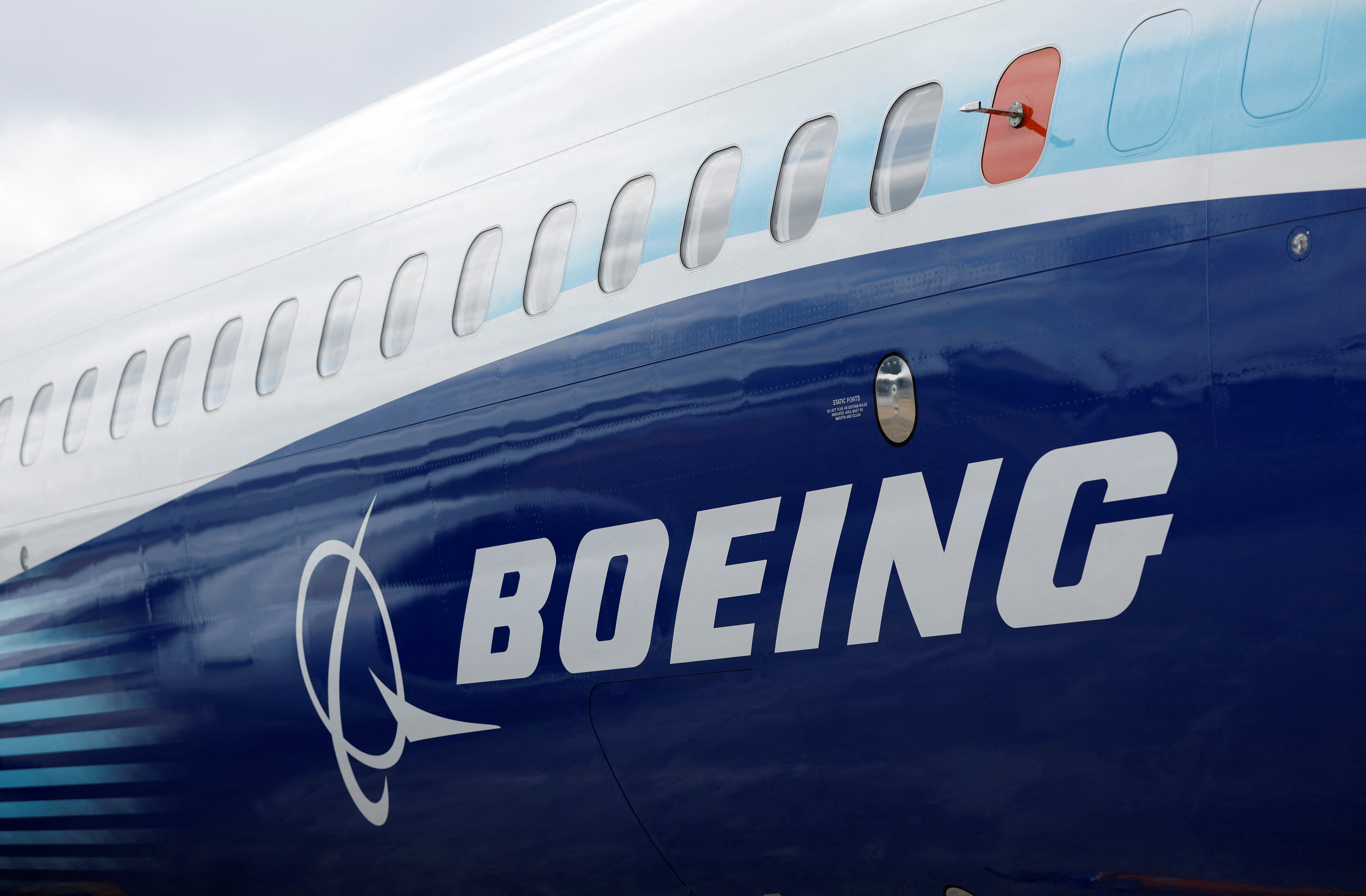European Aviation Regulator Ready to Cease Boeing Production Approvals

The interim leader of Europe’s aviation regulatory body indicated on Wednesday that if necessary, the agency would suspend its indirect endorsement of Boeing’s aircraft production. However, he expressed confidence in Boeing’s efforts to address its latest safety concerns.
In an interview with Reuters, Luc Tytgat, the acting executive director of the European Union Aviation Safety Agency (EASA), suggested that the ongoing safety crisis is testing the collaborative framework that underpins global aircraft production in unprecedented ways.
Tytgat acknowledged that EASA would be willing to stop acknowledging U.S. production safety approvals that declare Boeing aircraft as being built safely, if required. This statement marks the first public indication of potential disruption to the transatlantic agreement governing aircraft production oversight.
Boeing has faced increasing scrutiny over factory quality control following an incident on January 5, when a door plug detached from a 737 MAX 9 jet mid-flight due to missing bolts.
The U.S. Federal Aviation Administration (FAA) disclosed last week that an audit of Boeing and supplier Spirit AeroSystems revealed numerous instances of inadequate controls.
Under the current agreement, the FAA and EASA regulate their respective aircraft manufacturers’ factories and recognize each other’s safety approvals. However, if confidence in compliance checks diminishes, either side can call for consultations and suspend recognition after a 30-day pause.
Such measures are rare, but Tytgat emphasized the importance of being prepared to take appropriate action when necessary, although no immediate steps are imminent.
EASA’s influence over Boeing’s aircraft design has expanded since the MAX crashes, but its options for monitoring the production of existing Boeing models are limited. Suspending recognition is a drastic measure reserved for serious situations.
When asked what might prompt such action, Tytgat cited the possibility of future fatal accidents.
The FAA did not directly respond to EASA’s remarks but reiterated Boeing’s need for substantial improvements. Boeing declined to comment.
Tytgat indicated that while Boeing’s production certification is not currently under threat, oversight and monitoring conditions are paramount.
He noted positive discussions with Boeing executives regarding quality controls and production standards, indicating a shift in management’s focus.
EASA officials visited Boeing’s 737 plant recently, although Tytgat dismissed the idea of a permanent presence, citing the nature of the transatlantic safety agreement.
FAA Administrator Mike Whitaker stated on Monday that the agency would take action if warranted to halt Boeing production.
Any decision by the world’s leading aviation regulators to disrupt production approvals would be unprecedented and likely provoke political reactions, experts suggested.





